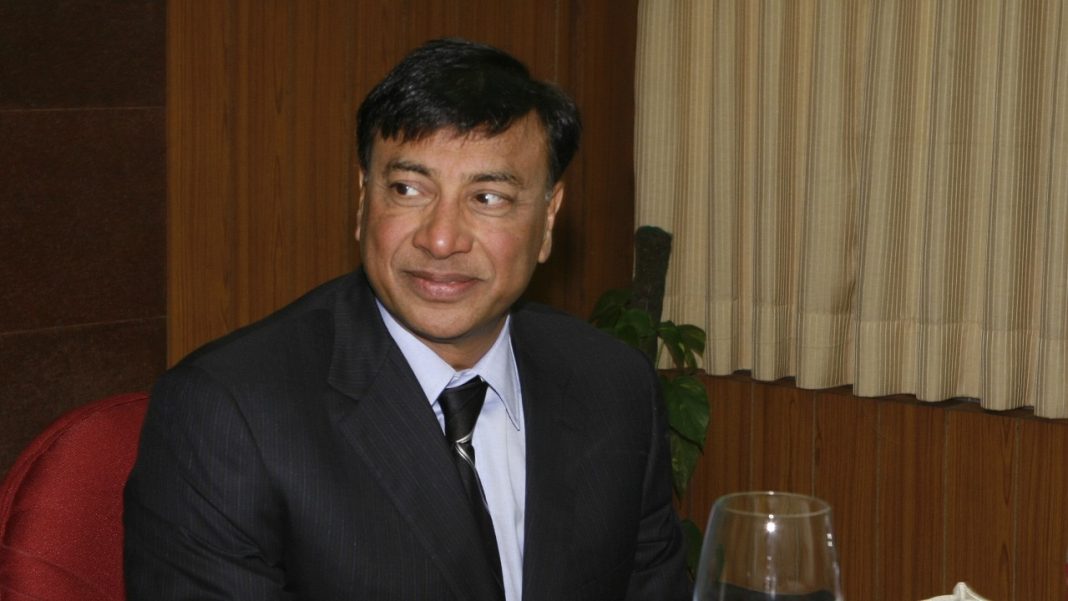Lakshmi Mittal, the Indian-born steel magnate whose empire spans continents, has long been a symbol of global ambition and success for the Indian diaspora. His journey from a modest background to helming ArcelorMittal, the world’s second-largest steel producer, is well-documented. For decades, London served as his primary residence, a hub from which he orchestrated his vast business dealings. However, recent reports suggest a significant shift: Mittal is reportedly in the process of moving his primary tax residency out of the United Kingdom. This personal decision, while seemingly straightforward, carries considerable weight, prompting questions about the evolving landscape for high-net-worth individuals, the competitiveness of the UK’s economic environment, and what this signals for global entrepreneurs, particularly those with strong Indian roots.
The Shifting Sands of Residency
The news isn’t that Lakshmi Mittal is abandoning his business interests in the UK, but rather that he and his wife, Usha Mittal, are reportedly changing their personal tax domicile. This distinction is crucial; ArcelorMittal, the company, maintains significant operations and a strong presence in the United Kingdom, including its European headquarters. The move pertains to the Mittals’ personal tax residency, suggesting a re-evaluation of where their global income and assets are most favourably taxed. Such a decision for individuals of their stature is rarely impulsive; it’s typically the culmination of extensive financial planning and a careful assessment of international tax laws.
For decades, London has been a magnet for the world’s wealthiest, offering a blend of robust financial services, cultural dynamism, and a relatively attractive tax regime, particularly for non-domiciled residents. The ‘non-dom’ status, which allowed UK residents whose permanent home was abroad to pay tax only on their UK-sourced income and foreign income brought into the UK, was a significant draw. However, the UK’s political and economic landscape has seen considerable shifts. Post-Brexit uncertainties, coupled with a series of changes to tax policies aimed at increasing revenue, have arguably made the environment less predictable or appealing for ultra-high-net-worth individuals (UHNWIs).
Economic Climate and Tax Implications
One of the primary drivers behind such high-profile shifts in residency is often the interplay of a nation’s tax policies and its broader economic climate. The UK government, facing substantial national debt and increased public spending, has been under pressure to raise tax revenues. This has led to discussions and implementation of various measures, including changes to capital gains tax, income tax rates for higher earners, and a gradual tightening of the non-dom regime. While a complete overhaul of the non-dom status has recently been announced to take effect from April 2025, even preceding changes had already begun to erode its allure.
For billionaires like Mittal, even marginal differences in tax rates on their vast global incomes and capital gains can translate into substantial sums. The decision to relocate a primary residence is therefore a strategic financial manoeuvre, aimed at optimising personal wealth management within the bounds of international law. Regions like the UAE, particularly Dubai, and Monaco, known for their zero or low personal income tax and capital gains tax, have increasingly become attractive alternatives. Switzerland also offers competitive tax regimes for wealthy individuals based on specific agreements.
This isn’t merely about avoiding taxes; it’s about navigating a complex global financial system where countries actively compete to attract and retain wealth. “The movement of high-net-worth individuals like Lakshmi Mittal underscores a fundamental truth in today’s global economy: capital is highly mobile, and it will naturally gravitate towards environments that offer stability, growth opportunities, and a favourable fiscal framework,” says Dr. Anya Sharma, an international tax expert based in Mumbai. “Nations that fail to remain competitive on these fronts risk seeing an exodus of wealth creators, which can have long-term implications for investment and economic dynamism.”
While ArcelorMittal’s business decisions are distinct from Mittal’s personal residency, the overall economic health and regulatory environment of a country invariably influence the perceptions and decisions of its most influential business leaders. A perceived erosion of the UK’s competitive edge, either through tax hikes or increasing regulatory burdens, could certainly contribute to a personal re-evaluation, even if business operations remain unaffected.
A Global Compass for Wealth
Lakshmi Mittal’s reported departure from the UK’s tax rolls, while a deeply personal decision, serves as a potent reminder of the fluid nature of global wealth and the constant negotiation between national treasuries and high-net-worth individuals. For the Indian diaspora, his move resonates as a demonstration of strategic financial planning in an increasingly complex global economy, where loyalty to a geographical base often contends with the pragmatism of fiscal efficiency and optimal wealth preservation.
As governments worldwide grapple with budget deficits, the competition to attract and retain global wealth creators will only intensify. The UK’s experience with figures like Mittal highlights the delicate balance required to foster a robust economic environment. Ultimately, Mittal’s shift is more than an individual choice; it’s a barometer for the ever-changing tides of global finance and the enduring pursuit of optimal conditions for wealth management.




